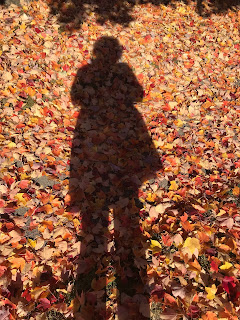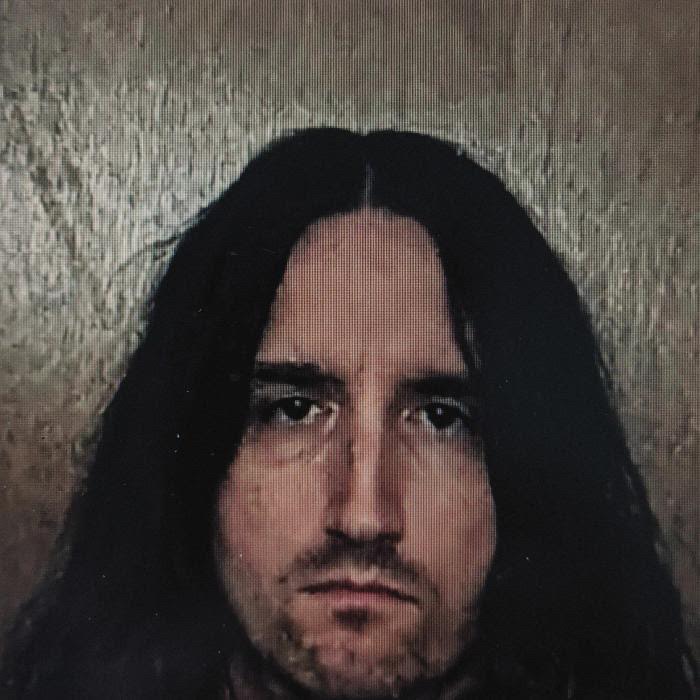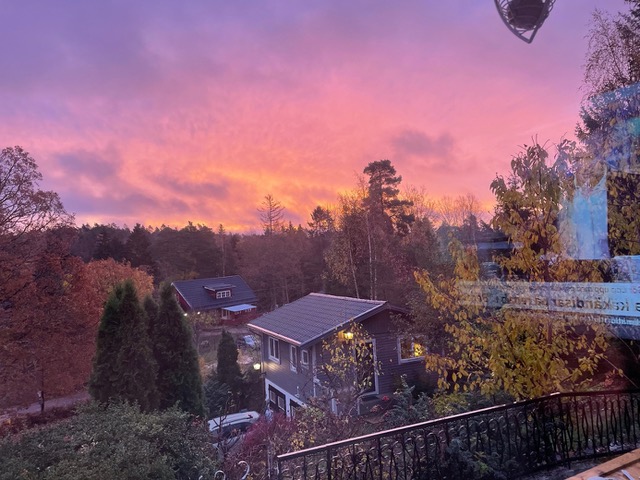"A SPIRITUAL CHRONOGRAPH"- AN ESSAY BY CHEYENNE
I’m twelve. My mom has been taking my sister and I to a non-denominational church, where hippies and atheists and crunchy christians get together and sing hymns about peace. I have been grappling with religious ideas. I’m given a book called The Simple Truth. I am told that gxd is all-knowing, all-powerful, and all-loving, but I’m surrounded by events and people that affirm the opposite.
I’m fourteen. Suffering is everywhere, inside and out. Nothing is perfect or good: I can’t see anything that isn’t flawed or broken. My parents hate each other and make it known, loudly, on a regular basis. I have depression that would kill a lesser beast, and chronic pain that is beginning to bleed through the resilience of youth. I decide that the gxd myth is not for me and bury my curiosity deep. I sometimes drip candle wax onto the back of my hand to feel something. The cheap tapers burn pretty hot; the tea lights too. I never was a cutter though. I dream of falling asleep in the bathtub and never waking. I dream of running away. I spend most of my time in my room or out of the house.
I’m seventeen. My grandmother is about to drop me off at work, my Saturday 11 am-2 pm shift of telemarketing for a local theatre, selling season tickets. It’s 10:40 am. She says, gently, in her mild-mannered, judgy-as-razor-wire way, “Now, I don’t want you to lie to me, because I’m your grandmother. I want you to tell me if you accepted Jesus as your personal savior.” And I say, honestly, no. She’s desperately fearful for my eternal soul, that I’m going to Hell for certain if I don’t follow the same religious doctrine as she does. How she used to be like me, until she read a story called Pigeon Feathers by John Updike. She hands me her pamphlet, her personal narrative, of being saved. She asks me to read it. She begins to tremble and our conversation goes round and round forever. It’s 1:30 pm and I ask her, defeated, to let me out of the car so I can wait for my ride home at 2. When I get home, I tell my mom about the whole irritating exchange. Aghast, she demands to know, “Why didn’t you lie?!”
I’m twenty-two. I’ve just woken up in bed next to someone who doesn’t respect me, who showed me that to the fullest extent. I tell them to leave my house and never come back. I write them a fiery letter that tells them I’d gladly shake their extremely religious parents down for money to pay for an abortion if it comes to that. I feel powerful when I’m this angry, but it’s also scary. I feel as if the spite consuming me is somehow righteous, somehow spiritual. I don’t like it.
I’m twenty-seven. A friend of mine, who I had really just begun to know, is struck on her bicycle on the road. She dies a few days later. Someone gifts me one of her sets of tarot cards. Once I can bear to look at them, about a year later, I start to learn how to read them. I do this, at first, as a way of honoring her spirit and memory. As I keep reading, I learn that I am developing a relationship with the wisdom therein, and I learn some core truths of my life: the only constant is change. This too shall pass. You won’t feel this way forever. I find it soothing for my depression and anxiety, which are high as ever. I decide that nobody’s truly dead until they’re forgotten, that living in memory and imagination are valid and real forms of existence.
I’m thirty. I have just survived another night of intense disrespect from a man, and I’m exhausted and looking for some fucking answers. I don’t know why terrible shit keeps happening to me. I’m angry at the universe. No matter how hard I fight, it seems to backfire. I walk into a room, a circle of plastic chairs in the vacant music room at a lutheran church downtown. All of the chairs are occupied by women. I sit down and, for the first time, hear the phrase “there is no suffering too great to be lessened” and it gives me pause. And later, as attendees speak their truth, one says aloud, and I know she’s written this line for me: “You’re here because the war is over, and you lost.” I’m floored by the accuracy of it. Later, I’m told I have to choose a “Higher Power” to gain the magic healing powers of this group. “It can be anything,” they say, “outside of yourself.” I can’t fathom this concept, because gxd has been used to shame me for decades, so I skip over it for now.
I’m thirty-two. I am in love. My partner is teaching me that I’m lovable even when I’m sad or angry. That there’s scant room for self-hate in a good life. And that my life is a perpetual state of self-discovery, unveiling, and absurdity. I can be neutrally human, and don’t have to prove my worth all the time; I have inherent worth as a human being. I can be my own friend.
I’m thirty-six. It’s the first summer of the plague years and I’m leaving my partner after six years. We’ve uncoupled, respectfully, to pursue our own paths. Our connection to love was like being tapped into an eternal fountain, a conduit, that I could access at any time with the right fellow alchemist, until our connection shorted out. The partnership and the un-partnering are both deeply transformative. I do a lot of meditation and breathwork to process the loss and the big changes. After I move away, I ask a friend to collect pieces of plants from my ex’s neighborhood many time zones away, and bring them to me; I bind them with pieces from my own neighborhood and bury them under a glorious evergreen tree. My friend digs the hole and lets me shovel dirt over it, ceremoniously. I can let my heart rest.
I’m thirty-eight. The pandemic has had me stuck inside, in my own head, in my misery, for awhile. I have turned inward. I kept reading tarot, and I’ve begun to collect bones again. I begin to quest for more meaning, ways to honor my own existence, ways to connect with others who are interested in the mundane as mystery; I know, ultimately, the meaning of my life is what I give it. So I give it joy. I give it care. I give it acceptance and quietude. I allow for neutrality and make space for my holy despair and my holy joy. Shadow and light. Bliss and agony. And I slowly put together an altar: a bovine vertebra spray painted gold; a candelabra; a wheel of the year; a small knife, a mirror, a bell. Herbs bundled and ready to be burnt as offerings. A tiny cauldron for sending messages to lost ones. Incense and pretty rocks. I feel a wash of acceptance, of reconnection with a deeper, ancestral self. A skeptical mysticism, a sneering curiosity, an agnostic magick.






Comments
Post a Comment